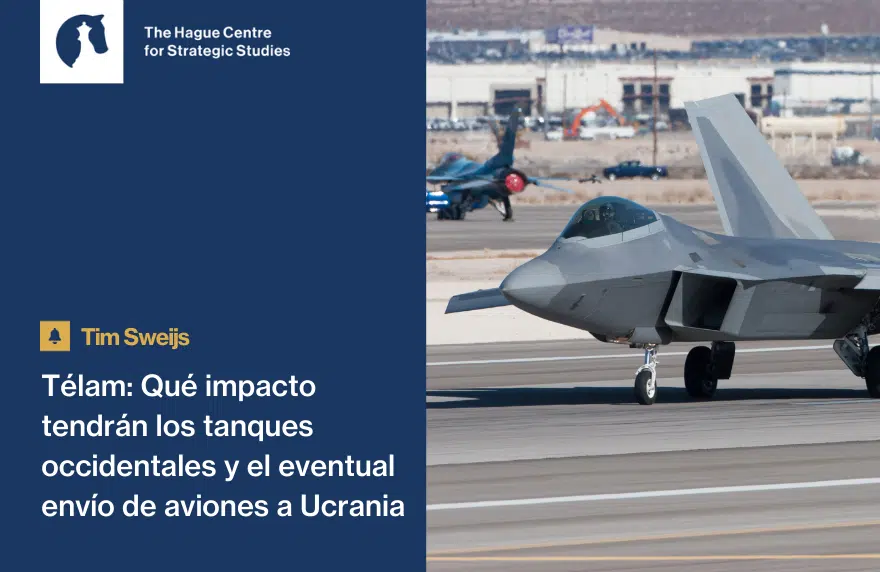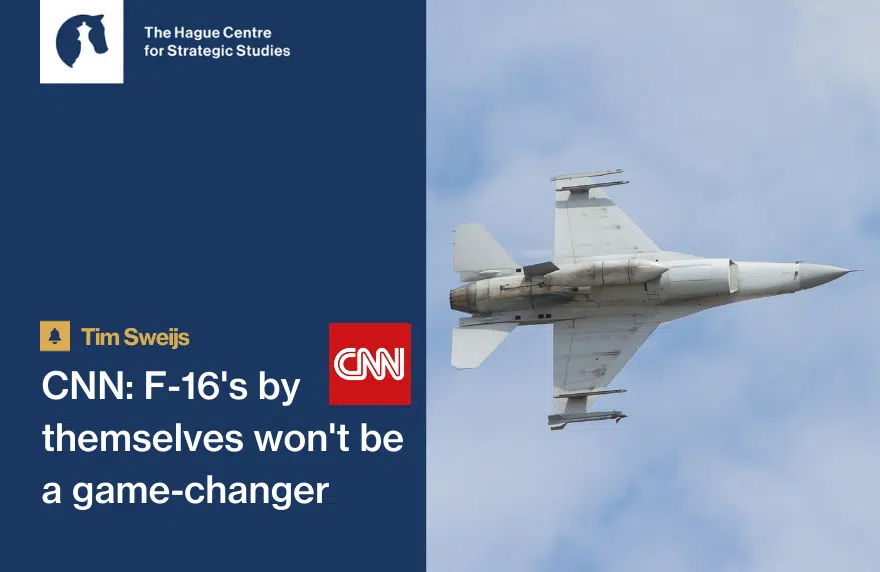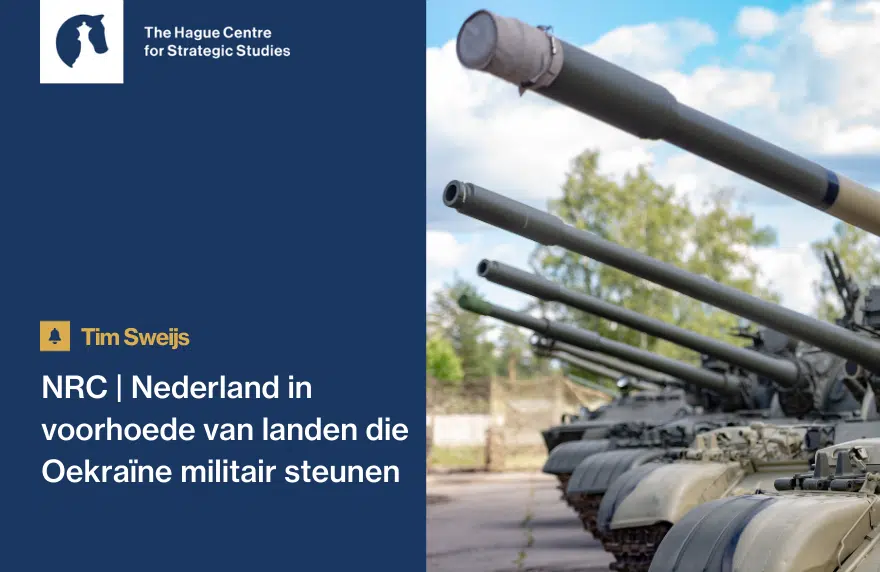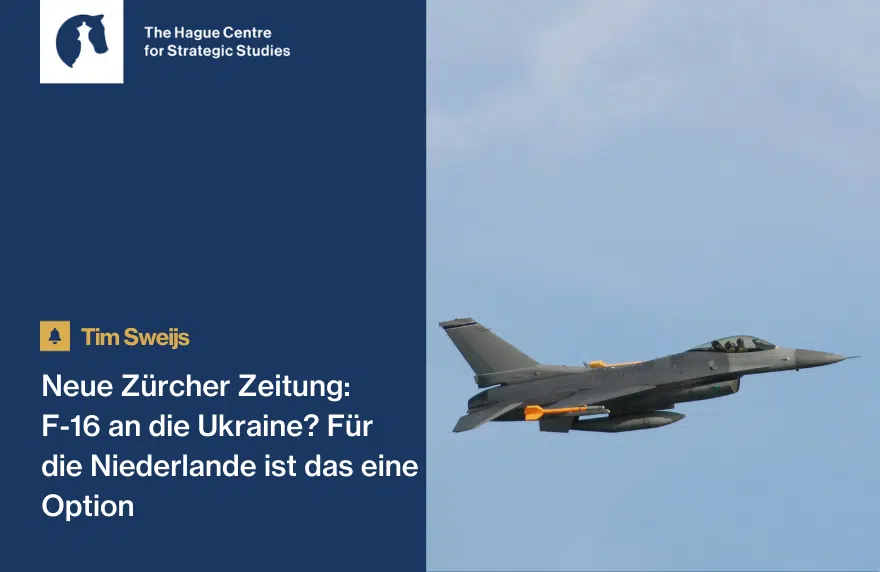A casi un año de iniciados los enfrentamientos, el gobierno ucraniano confirmó que recibirá entre 120 y 140 tanques entre los Leopard 2 de diseño alemán, los Challenger 2 británicos y los Abrams estadounidenses, aunque no reveló los plazos de entrega.
El envío de tanques occidentales a Ucrania abre una nueva fase en la guerra al sumar en el terreno un armamento superior al que tiene Rusia y reforzar la ayuda militar de los aliados de Kiev para resistir la invasión, pero por sí solo no alcanza para modificar el pulso del conflicto, como tampoco lo haría el eventual suministro de aviones de combate, indicaron analistas consultados por Télam.
“Se abre así una nueva fase en la guerra. Al principio, en febrero y marzo, debatimos en Europa si debíamos enviar chalecos antibalas y fusiles, y luego, a medida que la guerra se intensificó, aumentaron los envíos de obuses Panzer. Y luego, como la situación de la guerra se hizo más dura y Ucrania logró revertir la situación y pidió más ayuda, se aceptó el envío de tanques”, explicó a esta agencia Tim Sweijs, director de investigación del Centro de Estudios Estratégicos de La Haya.
“Estos tanques son importantes porque pueden ayudar a Ucrania a recuperar su territorio, pero esto depende de una serie de otros factores que tienen que ver tanto con la fuerza de la ofensiva rusa como con el apoyo aéreo cercano. Por eso es una incógnita si el envío de tanques es suficiente para recuperar su territorio. Mi opinión es que no”, añadió el analista del think tank ubicado en Países Bajos.
Tras recibir el visto bueno de los tanques, las autoridades ucranianas instaron a sus aliados al envío de aviones de combate, especialmente los F-16 estadounidenses. “No creo que sea un movimiento decisivo por sí mismo. Para poder operar esos F-16 hay que ser capaz de acabar con los entre 300 y 400 sistemas de misiles tierra-aire que tiene Rusia”, explicó Sweijs.
“¿Se suministrarán esos aviones de combate? Los países de Europa del Este, como Polonia y los Bálticos, tienen una percepción de la amenaza muy diferente a la que tienen, por ejemplo, Alemania e incluso Estados Unidos. Piensan que hay que detener a Rusia porque su propia seguridad nacional está en juego y por eso presionan para suministrar estos aviones. Pero es extremadamente improbable que eso ocurra sin la aprobación de Estados Unidos”, añadió el doctor en Estudios de Guerra.
What impact will Western tanks and the eventual shipment of planes to Ukraine have?
The dispatch of Western tanks to Ukraine opens a new phase in the war by adding superior weapons than Russia has to the field, and reinforcing the allies’ military aid to Kyiv to resist the invasion, but by itself it is not enough to modify the course of the conflict, nor is the eventual supply of combat aircraft, analysts consulted by Télam predict.
Almost a year after the fighting began, the Ukrainian government confirmed that it will receive between 120 and 140 tanks, including the German Leopard 2, the British Challenger 2 and the American Abrams, although it did not disclose delivery dates.
“This opens a new phase in the war. At first, in February and March, we debated in Europe whether to send bulletproof vests and rifles, and then, as the war escalated, shipments of Panzer howitzers increased. As the war intensified and Ukraine managed to reverse the situation and asked for more help, the delivery of tanks became acceptable,” Tim Sweijs, research director of the Centre for Strategic Studies in The Hague, explained to the Télam agency .
“These tanks are important because they can help Ukraine to retake its territory, but this depends on a number of other factors having to do with both the strength of the Russian offensive and close air support. That is why it’s unknown whether the shipment of tanks is enough to reclaim their territory. In my opinion it is not,” added the analyst from the Dutch think tank.
After receiving the go-ahead for the tanks, the Ukrainian authorities urged its allies to send fighter jets, especially the US F-16s. “I don’t think it will be a decisive move by itself. To be able to operate those F-16s you have to be able to take out the 300 to 400 surface-to-air missile systems that Russia has,” Sweijs explained.
“Will those fighter jets be supplied? Eastern European countries like Poland and the Baltics have a very different perception of the threat than, for example, Germany and even the United States. They think you have to stop Russia because their own national security is at stake and that is why they are pushing to supply these planes. But it is extremely unlikely that this would happen without the approval of the United States,” added the doctor in War Studies.







